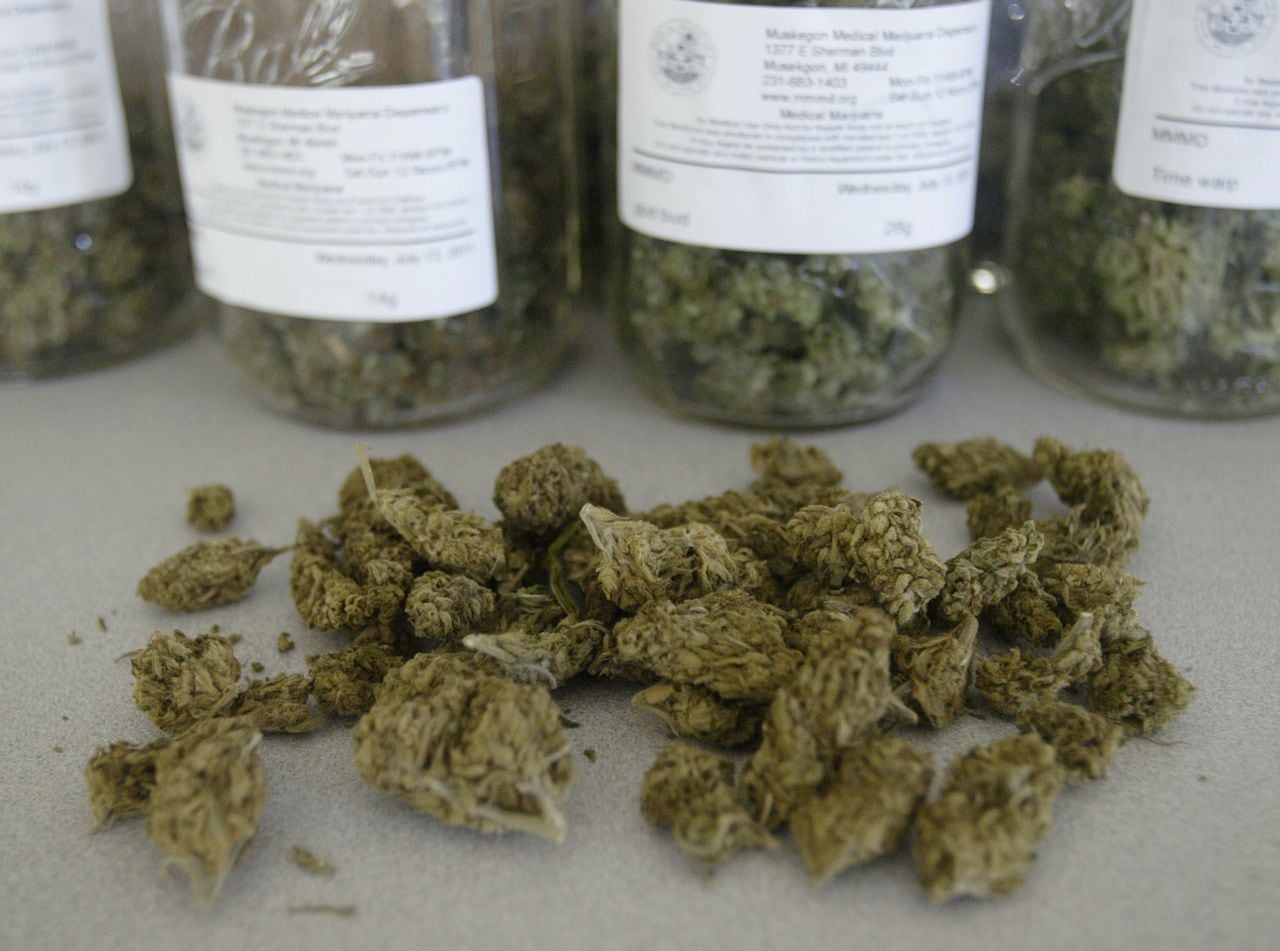How much would a cannabis dispensary pay to do business in Daphne?
The Alabama commission tasked with awarding a limited number of licenses to medical marijuana dispensaries has included one for Daphne.
But while all the licenses have been put on hold by a judge — again — Daphne’s city council is preparing to enact an ordinance setting up how much the dispensaries will have to pay each year to operate inside the city.
RJK Holdings was one of the four companies granted dispensary licenses by the Alabama Medical Marijuana Commission in December. The dispensary planned for Daphne lists an address of 1903 U.S. 98. Efforts by AL.com to reach the company for comment Friday were unsuccessful.
State legislation passed in May 2021 that legalized medical marijuana products for people with certain health conditions requires cities to enact an ordinance for those dispensaries to exist. Products can include gummies, tablets, capsules, tinctures, patches, oils and other forms allowed by the legislation.
The city council passed an ordinance in 2022 that would allow dispensaries to operate in the city under zoning and business license rules that apply to “health care stores,” such as pharmacies, health food stores and cosmetics stores.
The 2022 ordinance mentions the benefits having medical marijuana dispensaries within city limits would bring, such as more job opportunities and revenue for the city through licensing fees.
The Daphne finance committee made the recommendation to the council on Dec. 18, 2023, to make a new category under the existing business license ordinance to accommodate medical cannabis dispensaries.
“The City of Daphne, after due consideration, believes that certain revisions to the City of Daphne’s Business License Ordinance are necessary to establish a license classification for medical cannabis dispensaries and set forth a schedule of fees for such license,” the proposed ordinance reads.
Under the current health care store schedule, “Schedule C,” fees are determined by calculating gross sales and categorizing businesses based on that number. Whatever sales range the business falls under determines the license fee. The minimum fee for Schedule C is $100 with a graduated scale based on gross sales.
Dispensaries would be subject to an annual license fee of 3% of their gross sales under the new “Schedule X” with a minimum of $500. For example, if the dispensary has gross sales of $100,000 it would owe the city $3,000 for its license.
Schedule X would make the licensing fee significantly higher for dispensaries because they are a “specialized” business, said Daphne Mayor Robin LeJeune. For instance, a pharmacy may pay a few hundred dollars in fees, but a cannabis dispensary earning the same income would pay thousands.
LeJeune said the city was between putting an additional sales tax on dispensaries’ products or charging the business a higher fee.
“We talked to the state, and they said it’s easier and they prefer for us to go this route rather than trying to add a special higher sales tax on it,” he said. “It is a much higher rate, the business license and the revenue because it is a specialized item.”
But Daphne — nor any other city in Alabama — will be getting a dispensary for the time being.
Montgomery County Circuit Judge James Anderson issued a temporary restraining order late last month to stop the Alabama Medical Cannabis Commission from issuing licenses to companies that will dispense medical cannabis.
The council is expected to vote on this ordinance at their next meeting scheduled to take place at 6 p.m. on Jan. 15.
